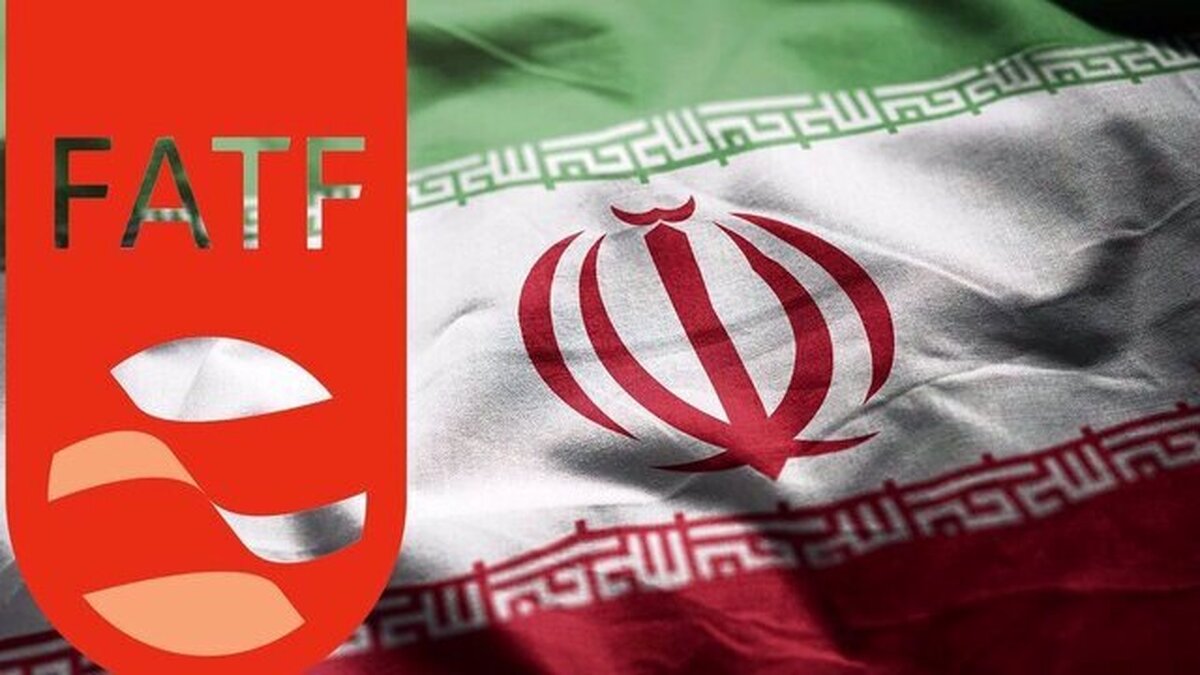
Palermo Bill Hits a Snag at Iran's Expediency Council
EghtesadOnline: Iran's plans to join the UN Convention on Transnational Crime suffered a setback in the Expediency Council Saturday as members of the arbiter body could not settle their differences and reach a consensus.
This is the second time that the powerful council has failed to come up with a definite vote on the divisive issue that now seems to ensure that Iran will miss a February deadline to complete its action plan with the global anti-money laundering body, the Financial Action Task Force.
The Council will convene again in two weeks' time.
The Expediency Council is the constitutional arbiter between the Majlis and the Guardian Council that endorses or rejects legislation based on conformity with the Islamic Republic Constitution and the Sharia, according to Financial Tribune.
Palermo bill is one of the four government bills that seek to bring Iran's anti-money laundering and countering financing of terrorism standards in line with international norms, specifically those defined by FATF.
Parliament approved all measures minus the bill that updates Iran's domestic CFT law. The Guardian Council rejected the rest.
Earlier this month the Expediency Council approved the amendment to AML law in its first session presided by the new head Ayatollah Sadeq Amoli Larijani, who also is the judiciary chief.
Abdolnasser Hemmati, governor of the Central Bank of Iran, who was present at Saturday's session, wrote on Instagram "good and serious" discussions were held.
"As CBI chief and the person in charge of monetary and banking affairs I outlined in detail the importance of [the legislation] for the country's international banking and monetary ties," he wrote.
He added that he "Is sure that the honorable members of the Council will make the right decision according to the expediency of the country."
Iran’s banking industry is expected to be hit hardest if the country fails to meet the FATF criteria.
The same council meeting to review the Palermo bill a week earlier also ended without any positive outcome, leaving the issue to be tacked at a special session this week.
Extended delays come as another FATF-related bill–the anti terror finance bill known as CFT–which has also proved to be controversial, has yet to be reviewed by the council.
Mobilizing Again
Opponents of the bill mounted a strong assault since the run-up to their passage in parliament and are now mobilizing again to stop the Expediency Council from endorsing it.
Comments by Foreign Minister Mohammad Javad Zarif last November about "widespread money laundering" being a reality in Iran made him a target of mounting criticism and dragged him close to impeachment.
Tehran Friday Prayer leader Kazem Seddiqi warned on Friday that FATF would leave the country more vulnerable to US sanctions by laying bare its financial records.
"What is the guarantee that if we sign the FATF we would not be in for a worse drubbing than JCPOA?" Seddiqi asked, referring to 2015 nuclear deal Iran signed with the six world powers.
According to an expert present at the meeting, among the opponents of the Palermo bill on Saturday were Secretary of the Council Mohsen Rezaee, former Tehran mayor Baqer Qalibaf, Ayatollah Mohammad Yazdi, a member of the Guardian Council and Ebrahim Raisi, custodian of Astan Qods Razavi, a powerful religious-economic institution in Mashhad and guardian of the mausoleum of Imam Reza (PBUH), the eighth imam of Shia Muslims
Those in favor of the bill were parliament speaker, Ali Larijani, Mohammad Reza Bahonar, a former deputy Majlis speaker, and the cleric Majid Ansari.
Last week it was reported that several members of President Hassan Rouhani's Cabinet had written to Leader Ayatollah Seyyed Ali Khamnei, asking him to push the Expediency Council to expedite its review of Palermo and CFT bills.
FATF said last October that Iran has until February to complete reforms or face consequences.
The Paris-based body said after a meeting of its members that it was disappointed that Tehran had failed to complete its action plan despite pledges to make the upgrade. It had previously set an October deadline to complete all ten reforms.


